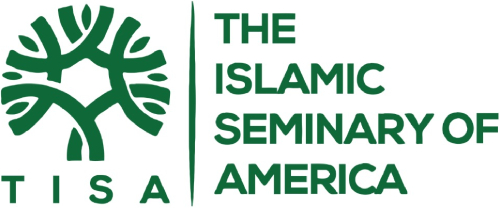This article is reshared from the Jan 2022 issue of Data Digest published by the Institute of social policy and understanding. The original article can be found here: 10 Areas of Need in American Muslim Communities | ISPU
YOUTH: Creating a supportive environment for Muslim youth, especially immigrant Muslim youth and new converts
Based on ISPU’s qualitative research, American Muslim parents are struggling to provide a supportive environment for young Muslims and despite considerable efforts within American Muslim communities, these efforts are also missing the mark. For instance, children of immigrants feel their parents don’t understand their needs or challenges as they may not be familiar with American youth culture and social context. Convert youth and African American Muslim youth also feel isolated and unwelcome in Muslim spaces and feel their needs are not recognized. These findings should be widely shared and kept into consideration for conducting more research and designing programs in mosques and Muslim spaces. There is also a need for more candid conversations with youth, to identify their needs, create awareness, and work toward finding solutions to remedy these issues.

Any American born after 1990 probably doesn’t remember a world without smartphones, Facebook, and Game of Thrones. They also likely don’t recall a time when people kept their shoes on at airport security, could go all the way to the gate to see their friends off, or thought “Patriot Act” was just a good deed.
For American Muslims, membership in this generation presents additional challenges. Their religious community, according to polls, is among the least warmly regarded of any in the country and their country’s news media portrays their faith and community negatively 80% of the time. They face bullying, racial profiling and job discrimination. Moreover, they face the same challenges of growing up as any other American, from drug and alcohol abuse to online safety to risky sexual experiences. Like other Americans, their community also struggles with racism and a crisis of religious literacy. And American mosques leaders, like their counterparts in other faiths, are finding it difficult to meet the unique needs of young people.

